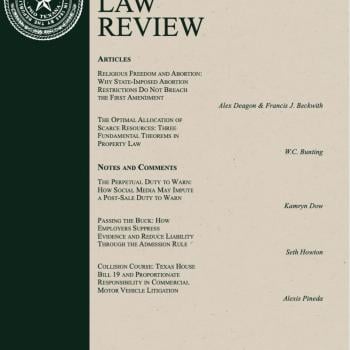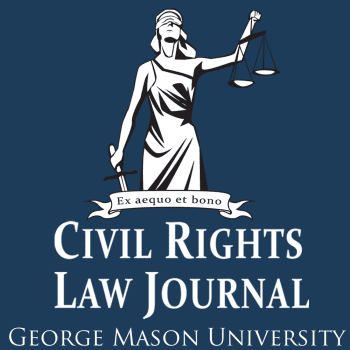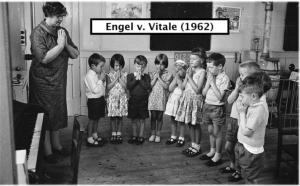That’s the title of an essay I published in the latest issue of The City, a publication of Houston Baptist University. It is a review of Religious Liberty, Why Now?: Defending an Embattled Human Right, by The Task Force on International Religious Freedom of the Witherspoon Institute (Princeton, NJ: The Witherspoon Institute 2012). Here’s how my essay begins:
In a class I teach at Baylor University, “Law and Religion in the United States,” I begin the semester by asking my students this question: If you were writing the Constitution from scratch in this day and age, would you include the religious free exercise and dis-establishment clauses? As you would guess, the students enthusiastically affirm their commitment to these principles. But then I follow up with these queries, “But why? What is so special about religion, its beliefs, and its practices, that require that your Constitution protect those of its citizens that embrace them? On the other hand, if religion, its beliefs, and its practices are of such importance to the political community, why would your Constitution at the
same time prohibit the establishment of religion?”
That’s when the fun begins. For the students now have to provide a justification for what they want their new Constitution to include. They cannot merely appeal to our present Constitution to ground their claims, since the whole point of the exercise is to force them to provide an account of why our present Constitution’s religion clauses are justified.
Because we have largely taken these principles for granted, most of us, like my students, have never thought seriously about how we would defend these principles if we were asked by skeptics, theocrats,or secularists to provide an account of them.
Most skeptics and secularists, for instance, do not believe that religious belief is rational. So for them, religious liberty must be subsumed under a citizen’s more general right to hold private beliefs that are akin to personal preferences and matters of taste. Under this account, religious belief is no more entitled to be singled out for special protection than is the right to attend a Rolling Stones concert, consume pornography, believe in the tooth fairy, or play chess, though all these activities are permissible under a general right to acquire satisfaction for one’s preferences. So, for the skeptic or secularist, a religious group that is engaged in what the state declares as “secular” activities, such as owning and running a university, hospital, or charitable organization, has no right to withhold from its employees and clients whatever the state requires that it must provide to them, even if the requirement violates the moral beliefs of the religious group.
You can read the whole thing here.












